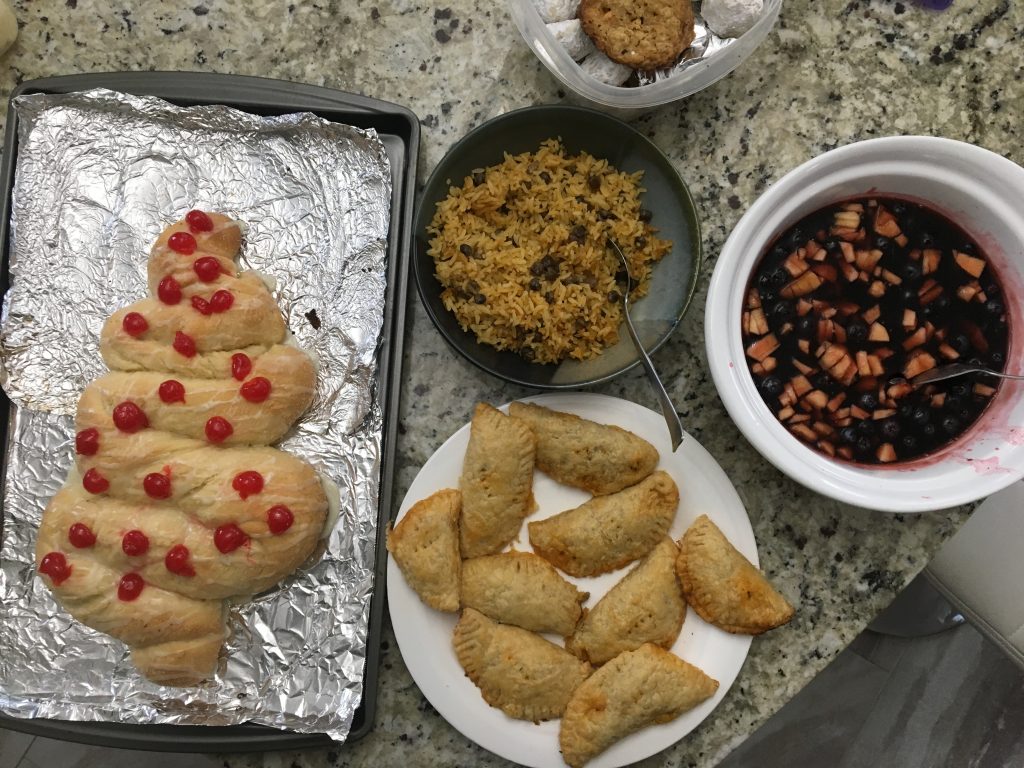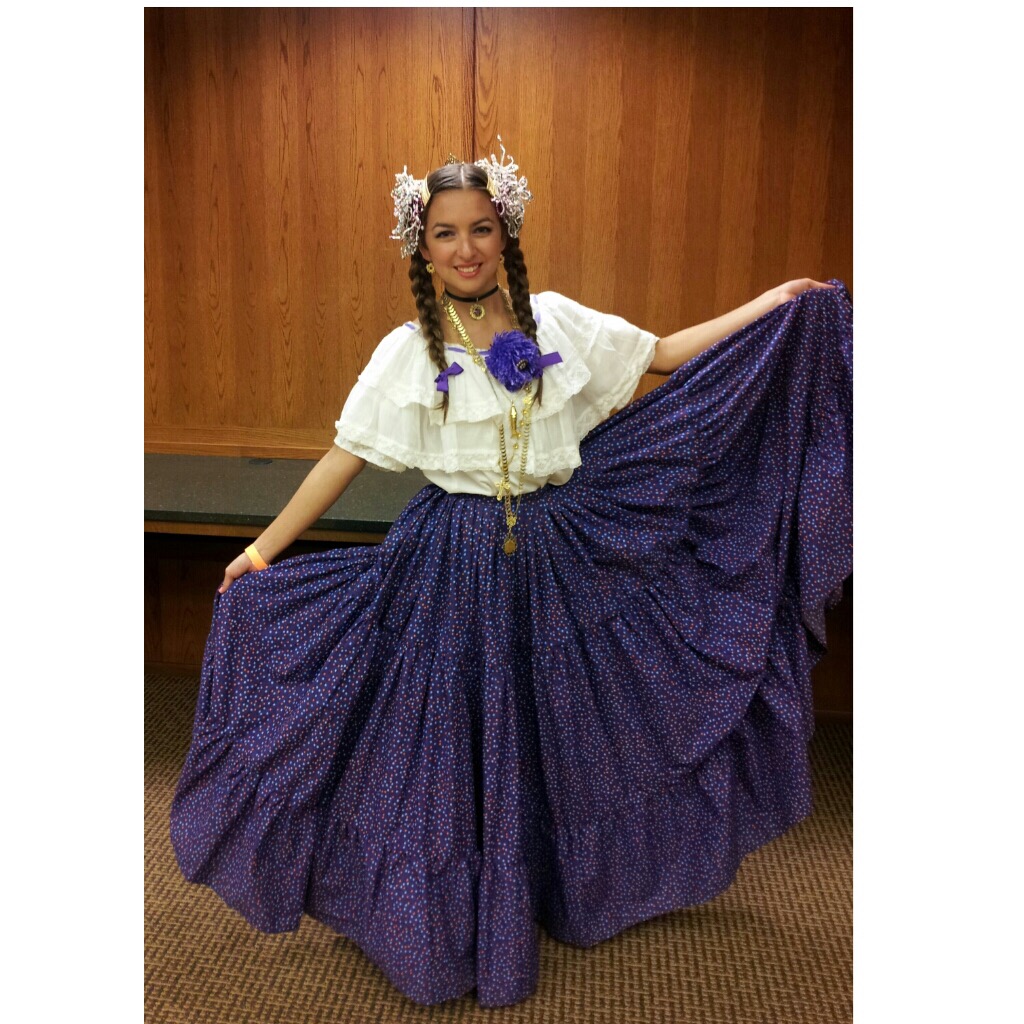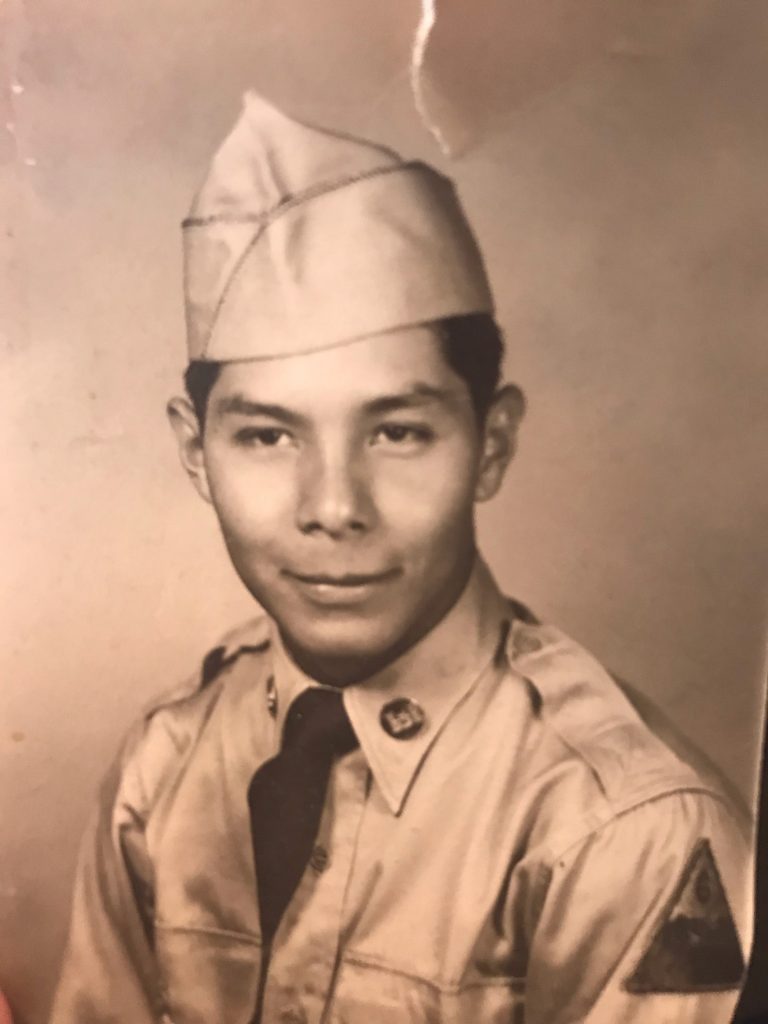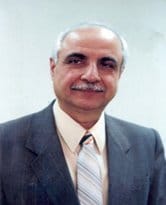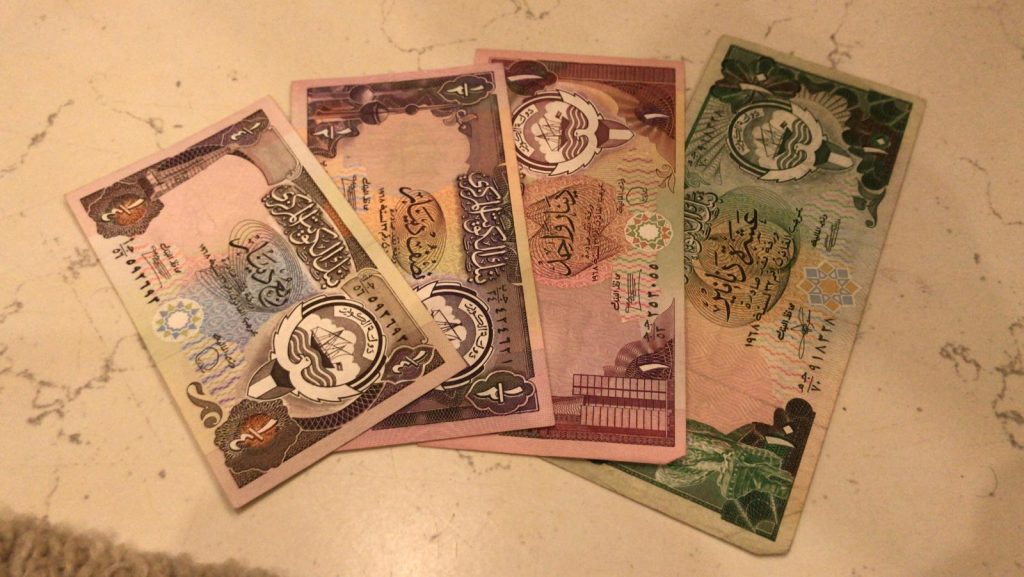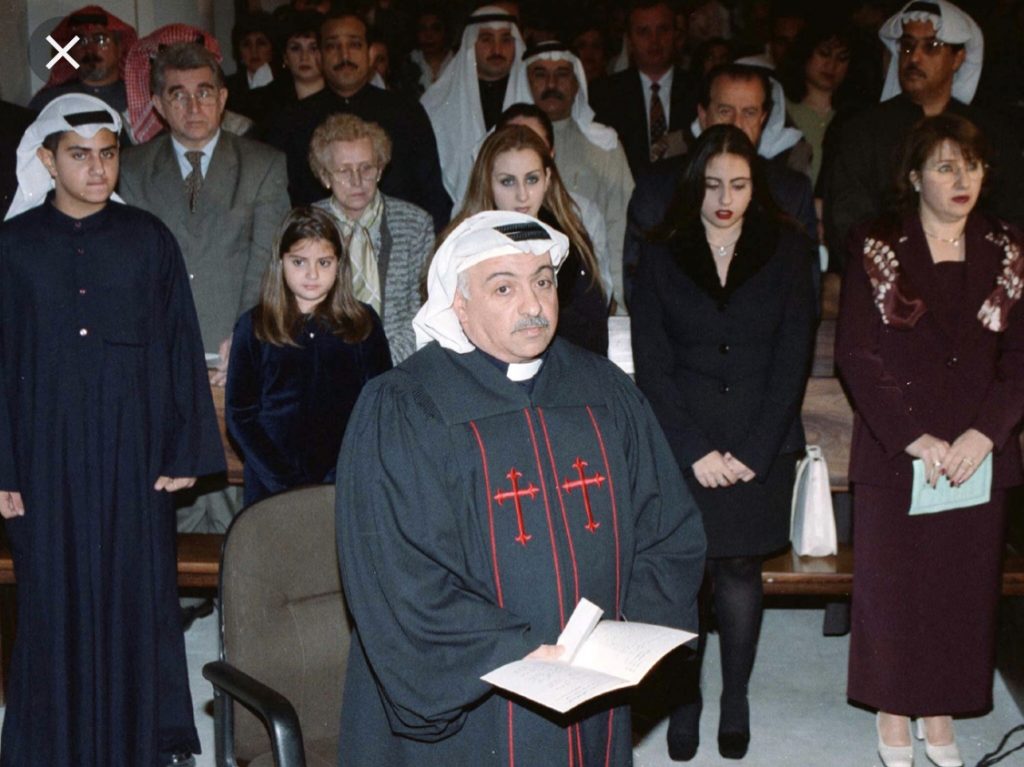Beki Sidener, the artist’s reflection at the piano, Kansas City, 2019. All rights reserved.
Walkin’ down from the stadium
At the west end Birmingham
Heard a sound from the boys above
Broken glass, broken glass
Friday night at the restaurant
When the waiter’s gone past
You and them might have had some fun
Move real fast, move real fast
All the things you know
Are the things that you dread
All those things were so
And were not inside your head
What you see, when it’s all said and done
You’re goin’ home, you’re goin’ home
Goin’ down to the five and dime
Do your hands down keep ‘em low
Live and learn as you walk down the aisle
Move real slow, move real slow
All the things you know
Are the things that you dread
All those things were so
And were not inside your head
What you see, when it’s all said and done
You’re goin’ home, you’re goin’ home
All the things you know
Are the things that you dread
All those things were so
And were not inside your head
What you see, when it’s all said and done
You’re goin’ home, you’re goin’ home
You’re goin’ home, you’re goin’ home
You’re goin’ home, you’re goin’…
Swing low, sweet chariot
Comin’ for to carry me home
Swing low, sweet chariot
Comin’ for to carry me
Home…
You’re goin’ home, you’re goin’ home
“Song 645027” © 2019 Beki Nixon Sidener. All rights reserved. / “Swing Low, Sweet Chariot” © 1872 Public Domain.

About “Song 945027”
Beki Sidener
This song is a creative musical piece based on an interview I conducted with Dee, a young black man and college graduate from Birmingham, Alabama, who now lives in Kansas City, Missouri, and who is one of my work associates. I allowed this recording of the song to remain in a very raw and “live” state with a simple arrangement. This should convey to the listener a sense of angst, in consideration of a context of oppression that moves toward the hope of overcoming an outwardly impossible situation.
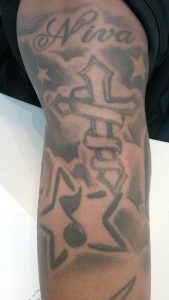
The title, “Song 945027,” alludes to Nazi concentration camp tattoos – numbers stamped onto the arms of the Jewish residents of the camps – and it is what prompted Dee to roll up his sleeves to show me his tattoos, which he chose to receive, and which display his ideology.
Drawing ideas from my conversations with Dee and my class on the Holocaust, I wanted to tie together themes of collective persecution of chosen people. One of those ideas was that of broken glass. “Broken glass” refers to bottles that were thrown at Dee by a group of white, drunken college boys, and to Kristallnacht (“The Night of Broken Glass”) when violence against Jews broke out across the Reich on November 9-10, 1938, as shattered glass from store windows littered the streets.
Most of the lyrics of “Song 945027” were written in a cryptic style to broaden the embrace of the message – to make it more universal. In other words, several groups of people may recognize themselves and their situations within the song. An example: “…the boys above” represent anyone thinking of themselves as superior to other people; and these are a type that we will always have with us, everywhere, in all cultures. Also, I used Dee’s dialect. Some phrases were purposefully disjointed and strategically embedded. For example, Dee said, “…dreads in my head…” (5:56), in our interview to refer to his hairstyle. I separated “dread” and “head” to two different lines and assigned a different implication to each, referring to the natural mind’s every day (and minute, hour and second) dread of anticipated and unimaginable treatment, and how it is not just in the victim’s head, as Dee’s good friends tried to tell him.
I chose the musical key of B♭ (B flat), a key often used by Classical/Romantic composers, because of its rich, open character and contemplative nature. This choice is also fitting for Dee’s admirable transparency and the profound, haunting effect that this interview had on me, especially during the transcription process – not so much from the material itself as from the bond that developed between my interviewee and me – from listening to his words over and over.
As well, I re-purposed B♭ to metaphorically translate into “be flat,” for people (or other creatures – spiders are a good example) who alter their actions, posture, or appearance – sometimes to the point of invisibility – to subdue the threat of their predators. The subjugated may disguise themselves to appear to belong to a different ethnic group or culture; or they might lessen their movements, either to hide in order not to be killed, or to not give a false impression of their intentions in order to placate their persecutors. Either way, the victims feel the need to adhere to the “rules of the land” to survive, whether in Nazi-Occupied Europe or their local grocery store.

All rights reserved.
“Song 945027” employs the chord arrangement of “Swing Low, Sweet Chariot,” written by Wallas Willis in 1840. I added the first verse of this Negro spiritual to the end of my song to say that, while Dee has gone through persecution and misunderstanding, he holds to the belief that vengeance should not be a tool in his life’s arsenal. And while as humans we all cry for relief from pain and long to return home – when all is said and done – Dee recognizes that he has been, and will ultimately be, carried home by his Lord and Savior, Jesus Christ.


